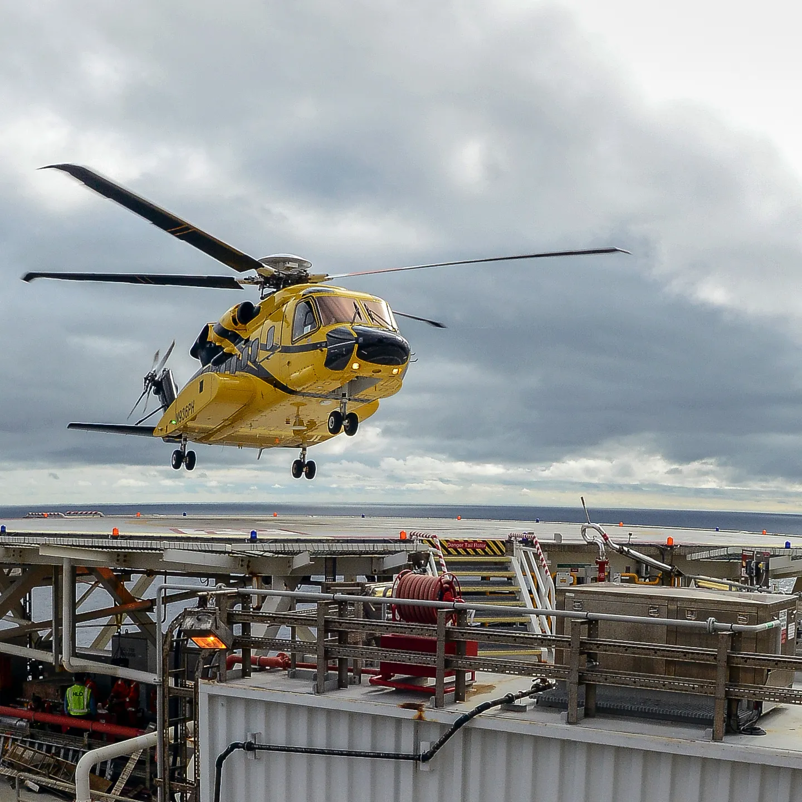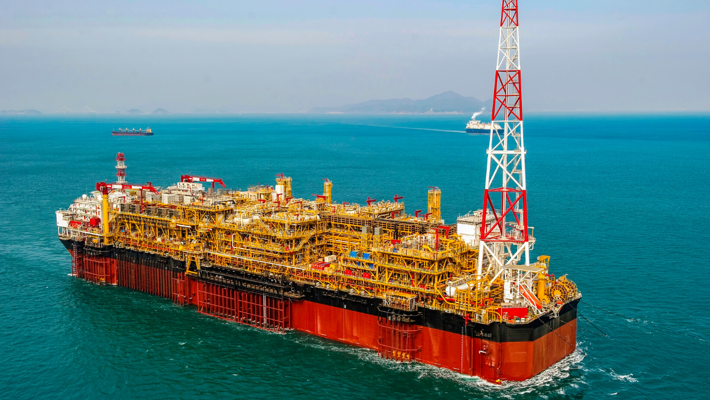Introduction
National Oil Companies (NOCs) are the backbone of the oil and gas landscape around the world, responsible for more than 50% of global production. And the story is not much different in Africa, where NOCs collectively hold the continent’s largest working interest share of hydrocarbon potential, and are crucial to economic stability and growth.
Recent success stories show continental NOCs moving from strength to strength in building their production capacity and gaining great benefits from oil-rich reserves that have so far remained relatively untapped. But despite their heavyweight status, NOCs have not yet actualised their true potential.
Faced with a unique mix of both hurdles and opportunities, they stand at the beginning of a digital journey. One that can take them from potential to progress and see them expedite operations and in-turn support local economies through a transformative approach that puts profit and purpose at the centre.

Navigating roadblocks
The first step in any journey, is recognising the route to take and identifying obstacles that lay in the way. For NOCs in Africa, the digitalisation journey is much the same. These operators face a set of unique challenges that stem from the geographical, infrastructural, political and economic diversities of the continent, that set them apart from their global peers.
Issues such as patchy satellite connectivity and the need for on-premises servers highlight the broader infrastructural hurdles. These challenges are exacerbated when considering the remote nature of Floating Production Storage and Offloading vessels, for example, often many miles offshore, or pipelines stretching across the continent which face risk of attack, complicating communication across vast regions.

Considering the intrinsic link between NOCs and their country’s government, political change is also a key consideration. For example, in Nigeria, while oil has always been central to the economy, it recently took the limelight during the 2023 elections, with a new licensing round announced in May 2024 where the country’s oil minister highlighted a need for exploration ‘almost immediately’. Moreover, there's a notable focus from the government on increasing transparency and tackling corruption within the sector, which has until now hindered foreign investment and efficient operation of NOCs. This ever-increasing push for higher levels of production and a more transparent way of planning and maintaining operations means NOCs are on the lookout for ways to draw new efficiencies.
By addressing these challenges head-on, African NOCs will be able to not only overcome obstacles; but they will lay the groundwork for success for generations to come.

A digital future
As African NOCs look to navigate an undeniably complex landscape, digitalisation emerges as a detailed map providing a route to success. In tandem, collaboration with joint venture partners and international oil companies can bring increased infrastructure investment and digital expertise. By utilising the latest in digital twin technology, like our R2S platform, NOCs can begin to see how they can level-up their operations, bringing in another layer of monitoring and visibility to all their assets.
R2S provides you with:
- Enhanced data access: R2S rapidly visualises your assets, integrating 2D, visual and real-time data for better planning and informed decision making.
- Scalability and customisation: Our solutions are flexible and adaptable, making them suitable for NOCs at any stage of their digital journey.
- Improved efficiency: With access to your data at any time, R2S facilitates efficient work planning to minimise operational silos.




 Read James Fisher and Sons plc's latest Annual Report
Read James Fisher and Sons plc's latest Annual Report